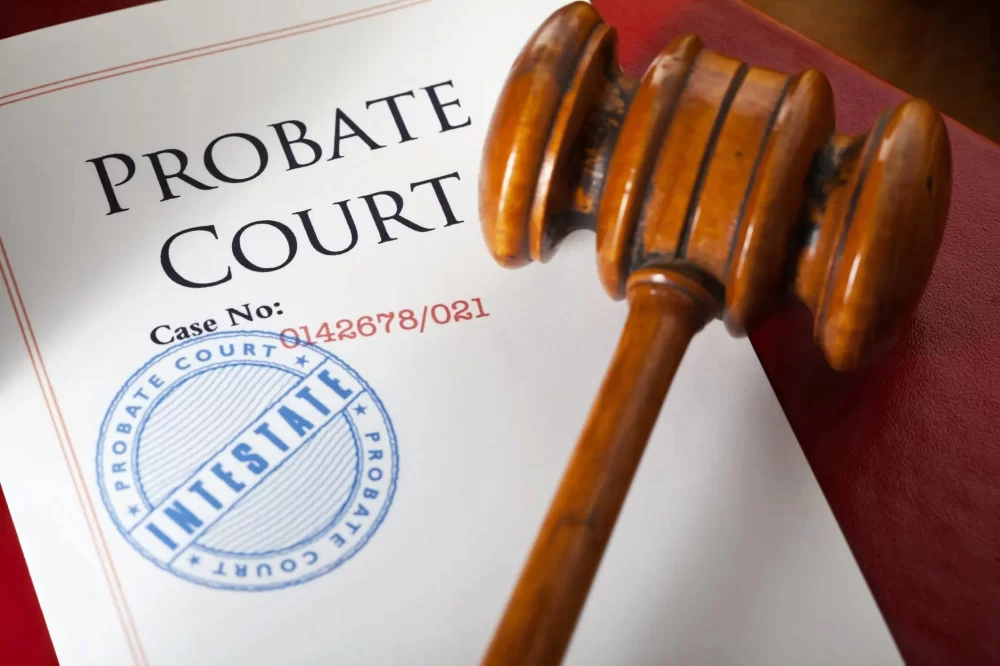- 1-Understanding-the-Probate-Court-Process
- 2-Preparing-Essential-Documents-and-Information-for-Probate-Court
- 3-Effective-Communication-with-Probate-Court-Officials
- 4-Common-Challenges-in-Probate-Court-and-How-to-Handle-Them
- 5-The-Value-of-Professional-Legal-Assistance-in-Probate-Court
- 6-Real-Life-Examples-and-Insights-on-Handling-Probate-Court
1. Understanding the Probate Court Process
Handling probate court can feel overwhelming without a clear grasp of its procedures. Probate court primarily deals with the distribution of a deceased person’s estate, ensuring debts are paid and assets are correctly allocated according to wills or state laws.
Familiarizing yourself with the typical stages—from filing petitions to finalizing estate distribution—provides a solid foundation to approach probate court confidently.
2. Preparing Essential Documents and Information for Probate Court
One of the best tips for handling probate court is thorough preparation. Gather all necessary documents such as the deceased’s will, death certificate, asset inventories, and financial records. Organizing these materials expedites court procedures and minimizes delays.
Clear documentation also supports accurate estate valuation and helps resolve disputes efficiently.
3. Effective Communication with Probate Court Officials
Maintaining open and respectful communication with court clerks, judges, and other officials is crucial. Asking clarifying questions and promptly responding to requests prevents misunderstandings and keeps the process moving forward.
Additionally, being patient and professional during hearings sets a positive tone, which can be beneficial throughout probate proceedings.
4. Common Challenges in Probate Court and How to Handle Them
Probate court cases often face hurdles like contested wills, creditor claims, or delays in asset distribution. Understanding these challenges beforehand allows you to prepare strategies for resolution.
For instance, when disputes arise, mediation or seeking legal counsel early can help prevent prolonged litigation.
5. The Value of Professional Legal Assistance in Probate Court
Navigating probate court is complex, making professional legal help invaluable. A knowledgeable probate attorney can guide you through filing requirements, represent your interests, and clarify confusing legal terms.
Working with experts like those at Fred Miller Lawyer enhances your ability to handle probate court effectively, reducing stress and potential errors.
6. Real-Life Examples and Insights on Handling Probate Court
Consider the case of Sarah, who inherited a family estate with multiple heirs. Without proper guidance, the probate process became strained by disagreements. After consulting with a probate attorney, Sarah learned essential tips for handling probate court, which helped mediate conflicts and complete the process smoothly.
Stories like Sarah’s emphasize how preparation, communication, and professional advice work together to ease probate court challenges.


 20130 lakeview center plaza ashburn va 20147
20130 lakeview center plaza ashburn va 20147 aaron millman
aaron millman clark fountain attorneys
clark fountain attorneys ronald shook
ronald shook swartz culleton newtown pa
swartz culleton newtown pa garfinkel immigration law firm
garfinkel immigration law firm